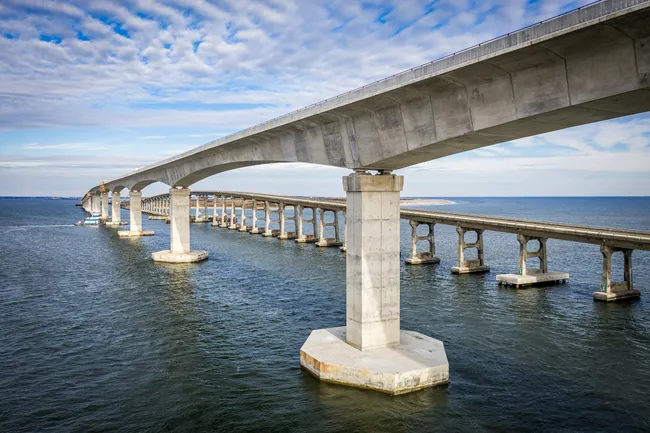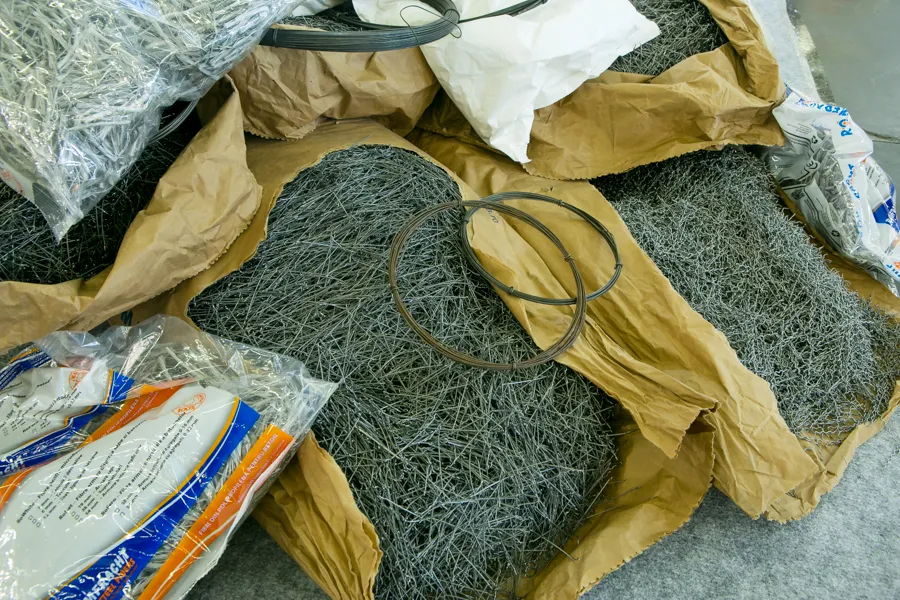Bechtel-Enka's Kosovo highway project has won the top prize in the Bechtel's own 2011 Green Footprint Awards for environmental achievements. The Bechtel-Enka joint venture project team was praised by judges for the campaign to reduce, reuse and recycle waste, which was unprecedented in the local area.
April 25, 2012
Read time: 2 mins
Bechtel-Enka’s Kosovo highway project has won the top prize in the 4138 Bechtel’s own 2011 Green Footprint Awards for environmental achievements. The Bechtel-Enka joint venture project team was praised by judges for the campaign to reduce, reuse and recycle waste, which was unprecedented in the local area. Initiatives carried out by the team included reducing fuel consumption to minimise earthworks excavation and haulage itineraries, developing a waste-oil re-use programme to provide heating fuel for the local business community and developing relationships with companies to help expand tyre recycling, battery exchange and public waste recycling programs in Kosovo. Bechtel set up its Green Footprint Awards in 2007 to raise awareness of climate change, encourage project action and reward effective and innovative ideas in energy, fuel and emissions management. The awards recognise the development and implementation of best practice in environmental management and sustainability in the firm’s civil infrastructure projects around the world. Nearly 30% of waste on the Kosovo highway project is now recycled, waste disposal costs have been reduced significantly and carbon emissions cut by 138tonnes/month. Following awareness campaigns to reach out and educate the community, local schools have also started initiatives to clean up their environment and recycle. “Our role in many countries is to bring new perspectives and ways of working, acknowledging that we have accountability to the environment and to local people. The team on the Kosovo motorway project took a holistic approach: by making substantial reductions in energy use, recycling materials themselves and demonstrating the benefits of this to the local community, they have helped make this a part of their daily life,” said James Scott, environmental services manager, Bechtel. “The challenges of changing social norms and the lack of specialised waste collection services meant the team had to think out of the box to deliver workable solutions in as many areas as possible. The changes that we have seen across the year have shown what improvements can be made and how the project, environment and the local community can all benefit,” added Laurentiu Darandau, environmental lead, Kosovo Motorway Project, Bechtel. The first 38km stretch of the Kosovo highway was opened earlier this month. The project is one year ahead of schedule and within budget. On completion in 2013, the full 102km motorway will extend from Morinë, at the border with Albania to the north of Kosovo’s capital, Pristina.









